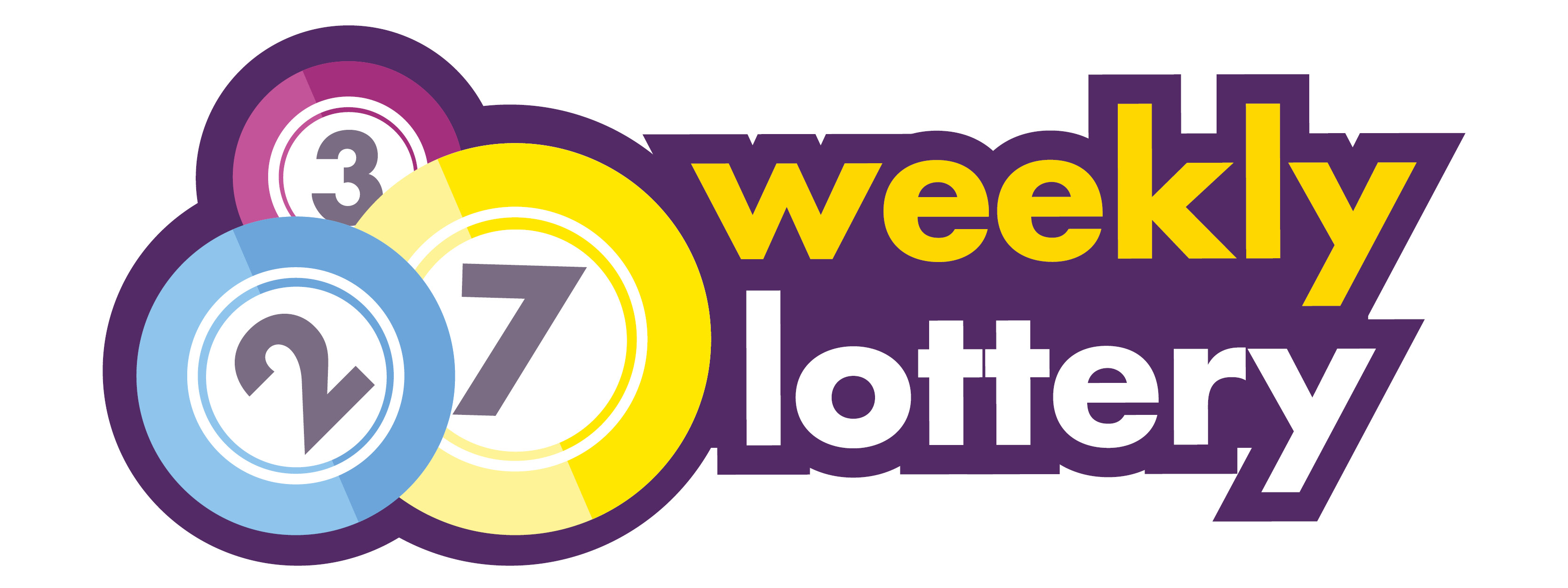
A lottery is a form of gambling in which numbers are drawn from a numbered pool. The prize is typically a large amount of money and can be paid out in a lump sum, annuity, or a series of payments. Depending on the jurisdiction, winnings may be subject to taxation.
The first recorded sign of lotteries is keno slips dating from the Han dynasty (205-187 BC). These lotteries were used to fund major government projects like the Great Wall of China.
They have a long history in Europe and the United States as means of raising funds for public and private projects. During the American Revolution, the Continental Congress established a lottery to raise money for the war. In England, the first lotteries were organized in 1612 by King James I to raise funds for the settlement of Jamestown.
These early lotteries had a broad public appeal, especially for the poor. They were praised as a form of taxation that was simple and painless, and they were seen to provide a large number of benefits to the general public.
State Lotteries
State governments have a monopoly on the establishment and operation of their own lotteries. In the United States, as of 2008, forty-two states and the District of Columbia operated state lotteries.
Lotteries are a popular form of gambling, and they have many advantages over other forms of gambling. They offer a variety of games, varying in size and complexity; they offer a chance to win a large amount of money, which is more attractive than winning less; they provide a method for obtaining voluntary taxes; they are generally low risk and do not require a lot of money to participate; they are a convenient way to finance public projects; and they can be run by a state or private agency.
Some people also use a special combination of numbers to increase their chances of winning, such as family birthdays or seven-digit combinations. These combinations are not as common, but they can be a good idea if you’re hoping to win big.
Getting your numbers right can be difficult, but it’s worth the effort. A Romanian-born mathematician named Stefan Mandel developed a mathematical formula that is very effective at helping you choose the right set of numbers to increase your chances of winning the jackpot.
The odds of winning the lottery are relatively low, but they can be improved if you choose to play an annuity instead of a lump sum. This is because an annuity payment spreads out your winnings over a period of years, which can help you prevent the so-called “lottery curse.”
In the United States, the most popular form of lottery is the Mega Millions game, with its $636 million jackpot. It is also the world’s largest lottery, and its popularity is attributed to the fact that it has no upper limit on the amount of prizes available to players.
In addition to increasing revenue, lotteries can also benefit the economy by stimulating employment. In the United States, it is estimated that every dollar spent on the lottery stimulates an additional two cents in the economy. In fact, a recent study found that the economic benefits of lotteries exceeded the costs, resulting in a net positive impact of more than $80 billion per year.